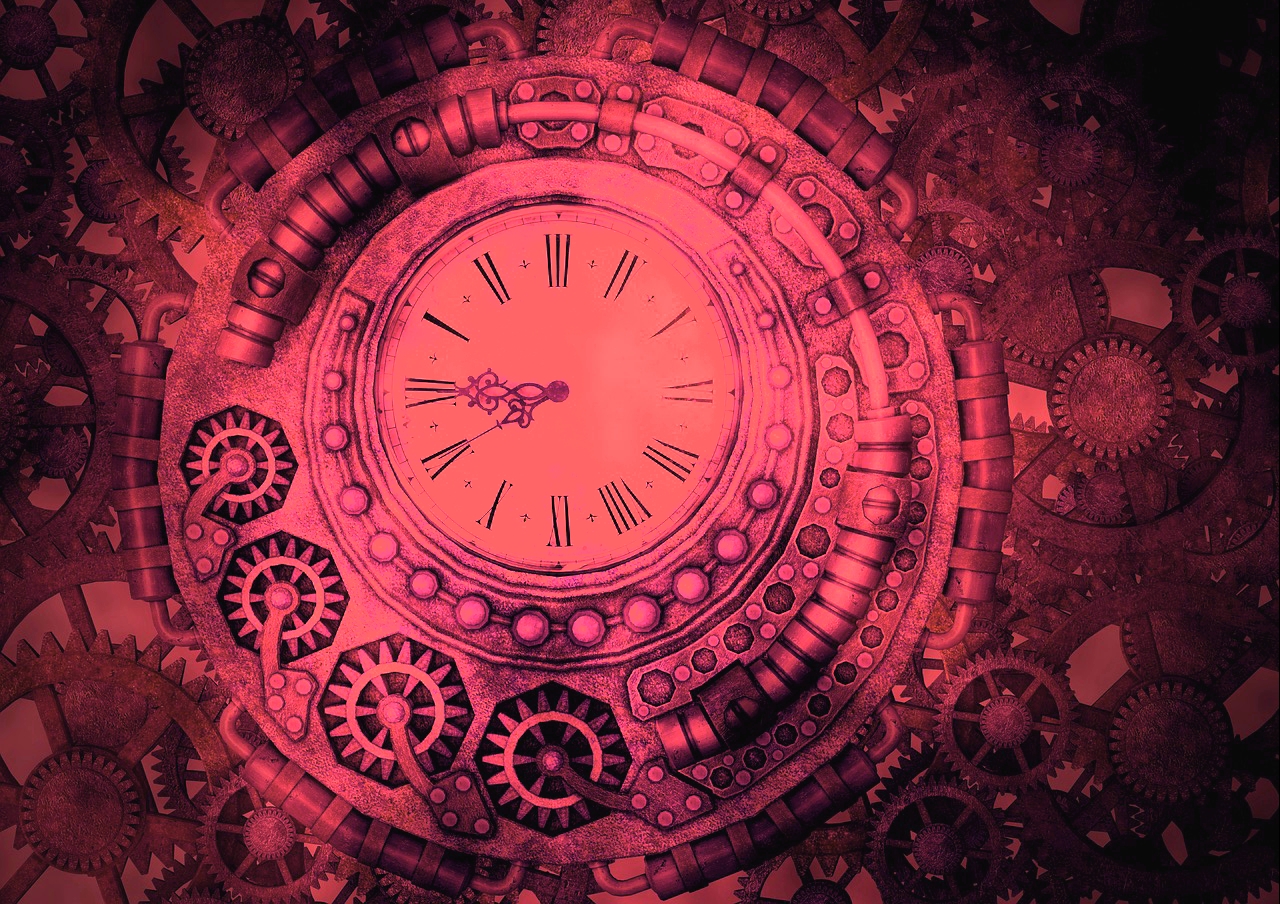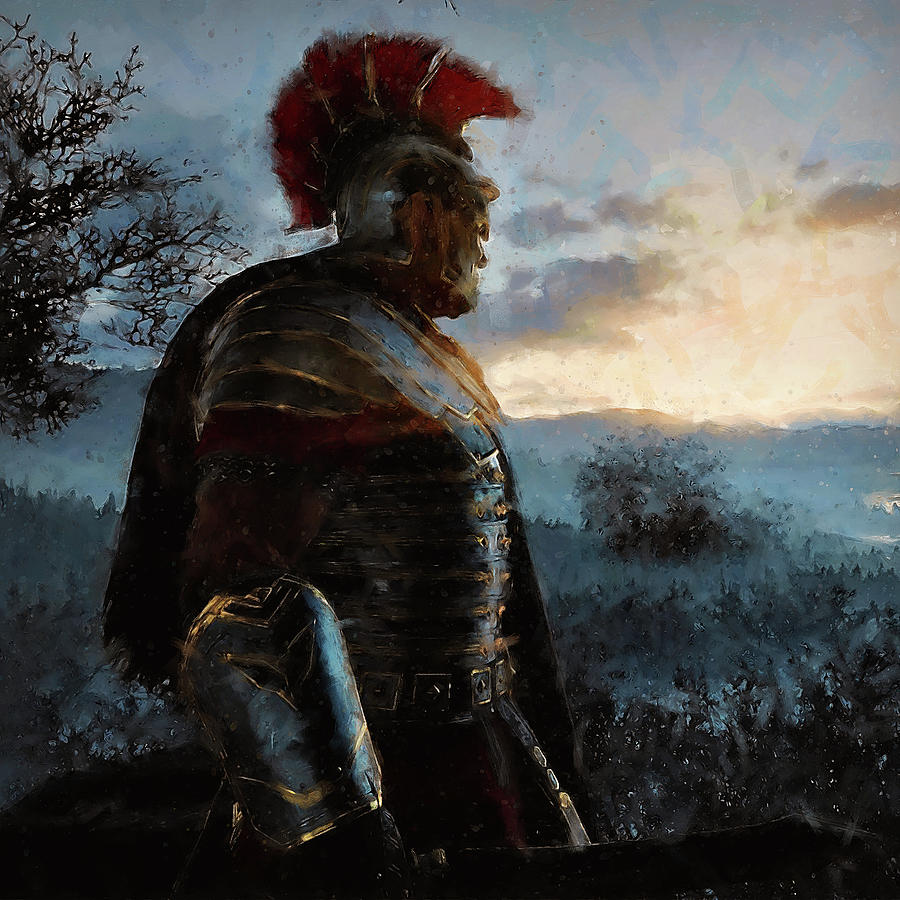Vigor Economies
We all have such little time...
The Method of Trade
The exchange of vigor is based on Marks for women and Nominubi for men. Special blood sigils were used on strips of impossibly soft cloth that allowed for the exchange of vigor. In many ways it is similar to how we view a wallet.
These sigils could keep track of how much time you had left before you died of old age, and kept a very detailed letter of every exchange of vigor that has ever been made in your life. This is one of many reasons why a man's name is always recovered upon his death.
The nominubus is not only the single means for which his name can be known to the world, but it also contains the vigor he had left should he have died from something other than old age.
The same goes for a woman's mark. The life that was left would be divided among the deceased's family, who would customarily donate 50% of it to The Empire, which is kept in the cloth and hung from The Tree of Red Light
These sigils could keep track of how much time you had left before you died of old age, and kept a very detailed letter of every exchange of vigor that has ever been made in your life. This is one of many reasons why a man's name is always recovered upon his death.
The nominubus is not only the single means for which his name can be known to the world, but it also contains the vigor he had left should he have died from something other than old age.
The same goes for a woman's mark. The life that was left would be divided among the deceased's family, who would customarily donate 50% of it to The Empire, which is kept in the cloth and hung from The Tree of Red Light
Investments
Investments were often complicated, as the risk is considerably higher should you not get a return. Investment property considered wasted endeavors, but the Empire routinely invested in its people in the form of grants given by red priestesses.Red Blessings
These grants came to be called red blessings, and were given liberally without any requirement of repayment. Anyone could petition a red priestess for her blessing and if it is heard and accepted, they would receive it within days.How much one received varies. There were no conditions one had to meet in order to receive these red blessings, but the amount that you received was based heavily on just how much you had to offer. A soldier would receive significantly more compared to a common farmer, and your social status can be a determining factor as well. Nobles would receive more than common folk. Women were given more than men, especially if they were pregnant, though there wasn't always how it would be.
At its highest point, the empire desired more soldiers and citizens above all else, leading to limitations of LGBTQ citizens despite how accepted they were in society.
Tithes and Taxes
One of the greatest hurdles the empire had to overcome was dealing with the pitfalls of all economic systems. One such pitfall was how to handle tithes in taxes. Tithes and taxes were often required for those who possess significantly more vigor then others. Soldiers were often tax to the highest and accepted this tax willingly. The primary function of it was to control the amount of figure that was coming into the empire after a war. Anyone with the ability to use vigor as a currency, meaning anyone with a mark or nominubus, could take Vigor from anyone or anything they killed, whether it be a lowly sewer rat or an enemy general on the field of battle.
The empress at the time asked each Soldier to pay a certain percentage of the vigor they collected, and placed that vigor in a tree at the center of her palace. This tree is known as the tree of red light, and every Nomimubus or mark collected from the dead would hang from its branches. This is the secret to how the empire handled inflation.
The empress at the time asked each Soldier to pay a certain percentage of the vigor they collected, and placed that vigor in a tree at the center of her palace. This tree is known as the tree of red light, and every Nomimubus or mark collected from the dead would hang from its branches. This is the secret to how the empire handled inflation.
During this time, men could have been given more than women simply because they could impregnate more women than a women could have children in the span of a nine month period of time.
Breaking Zero
It should be obvious what happens when somebody reaches zero. To have no wealth is to have no life, and therefore you die. This can get rather complicated in certain situations.
As previously stated it is required that, should you take out a loan, you must pay it. For this reason, zero is a lot closer for those who have debt. If you are brought to a point where all the time you have left equals the ammount you owe, you die. This is one of the major reasons why the Empire never had issues with poverty.
While there are always diminished returns when taking Vigor from something that is not of the same species as yourself, many of those who were in debt and fearful of their death were able to prolong their life by hunting any animal that can be easy to catch, or at the very least easy to kill.
This became prominent in the latter days of the empire. It was so prominent, in fact, that bounty hunters began popping up and would routinely seek out and kill those who would take advantage of the economic system.
Upon one's death, or should the one who gave them the loan need repayment to continue living, all debts that they owed would be paid in full based on the agreements made.
As previously stated it is required that, should you take out a loan, you must pay it. For this reason, zero is a lot closer for those who have debt. If you are brought to a point where all the time you have left equals the ammount you owe, you die. This is one of the major reasons why the Empire never had issues with poverty.
While there are always diminished returns when taking Vigor from something that is not of the same species as yourself, many of those who were in debt and fearful of their death were able to prolong their life by hunting any animal that can be easy to catch, or at the very least easy to kill.
This became prominent in the latter days of the empire. It was so prominent, in fact, that bounty hunters began popping up and would routinely seek out and kill those who would take advantage of the economic system.
Upon one's death, or should the one who gave them the loan need repayment to continue living, all debts that they owed would be paid in full based on the agreements made.
Fun Fact:
The Ten Red Rivers
An old Legend among the people of the Empire involved a thieves guild that found a way to work around this most secure of currencies. The group's 10 members each found methods of taking time off of a person's life without them knowing and without being tracked. This method was to taking a single minute once every few months off of the person they were stealing from.
They would do this to hundreds, maybe thousands of people at a time, gaining massive ammounts of vigor in consistent and non-invasive ways. It's never clear how they did it, but the group did exist, and were on the top of the Empire's most wanted list, even to the point of promising freedom from death by old age to those who assisted in their capture.
They would do this to hundreds, maybe thousands of people at a time, gaining massive ammounts of vigor in consistent and non-invasive ways. It's never clear how they did it, but the group did exist, and were on the top of the Empire's most wanted list, even to the point of promising freedom from death by old age to those who assisted in their capture.
The Eldritch Blessing
Many wonder why Ozlith was such a phenomenal millirary force. They wondered how they could be so skilled in combat. The secret lies in their economy. The centurians were able to a mass such vigor, that they could spend their time to purchase healing from the universe itself. They could pay years of their life in exchange for the promise of walking off the battlefield alive.
Every death was a mistake that they learned from, and it would never be made again. In the end, a centurian still dies. One cannot use this gift if given a wound that grants instant death. They couldnt use it too often, as each purchase was more expensive than the last. This is what led to the empire.
This is what allowed for their economy to grow. This is known to no one at the time of Expedition Demeter. On top of this pseudo-resurrection, anyone could invigorate themselves using this currency. Diseases can be cured, youth can be maintained, fatigue can be shrugged off, and ones speed, strength, and senses can be enhanced.
Every death was a mistake that they learned from, and it would never be made again. In the end, a centurian still dies. One cannot use this gift if given a wound that grants instant death. They couldnt use it too often, as each purchase was more expensive than the last. This is what led to the empire.
This is what allowed for their economy to grow. This is known to no one at the time of Expedition Demeter. On top of this pseudo-resurrection, anyone could invigorate themselves using this currency. Diseases can be cured, youth can be maintained, fatigue can be shrugged off, and ones speed, strength, and senses can be enhanced.
The Centurian Legions
While soldiers often had a surplus of vigor, none were able to achieve the sheer wealth that The Seven Centurion Legions of Ozlith were able to gain. Hundreds of thousands of years were stockpiled by these warriors. They spent their vigor in all the same ways as others did, but by maintaining inflation, and by the centurions paying their tithes, they seldom found something with a high enough cost to put a dent in their hoard.
Other Races
There is an important detail that should be considered when it comes to other races using this particular economic system: This system was designed by gods for the sole use of humans.
Other races are completely barred from making a purchase or obtaining vigor. It isnt entirely clear why, nor is it known why one can still gain vigor by killing them, though not as much as one would expect.
It is impossible for these long-lived races to use this economic system, and as such long-lived races were very rare in Ozlith and are just as rare in Lartasia which is the only nation using it at the time of Expedition Demeter.
Other races are completely barred from making a purchase or obtaining vigor. It isnt entirely clear why, nor is it known why one can still gain vigor by killing them, though not as much as one would expect.
It is impossible for these long-lived races to use this economic system, and as such long-lived races were very rare in Ozlith and are just as rare in Lartasia which is the only nation using it at the time of Expedition Demeter.




Comments